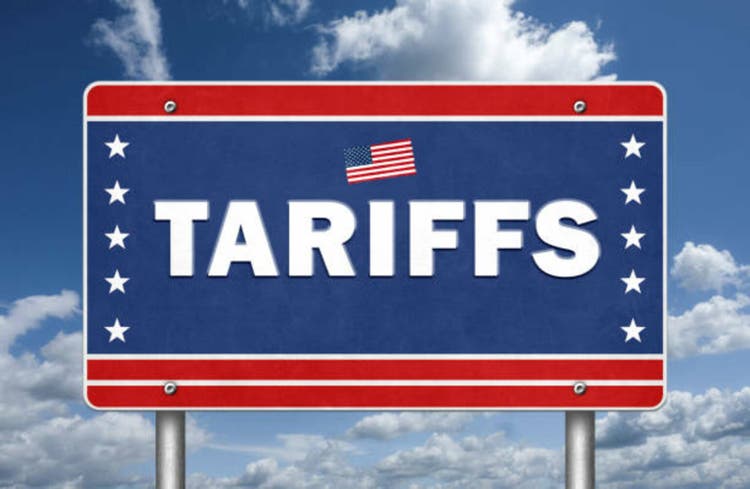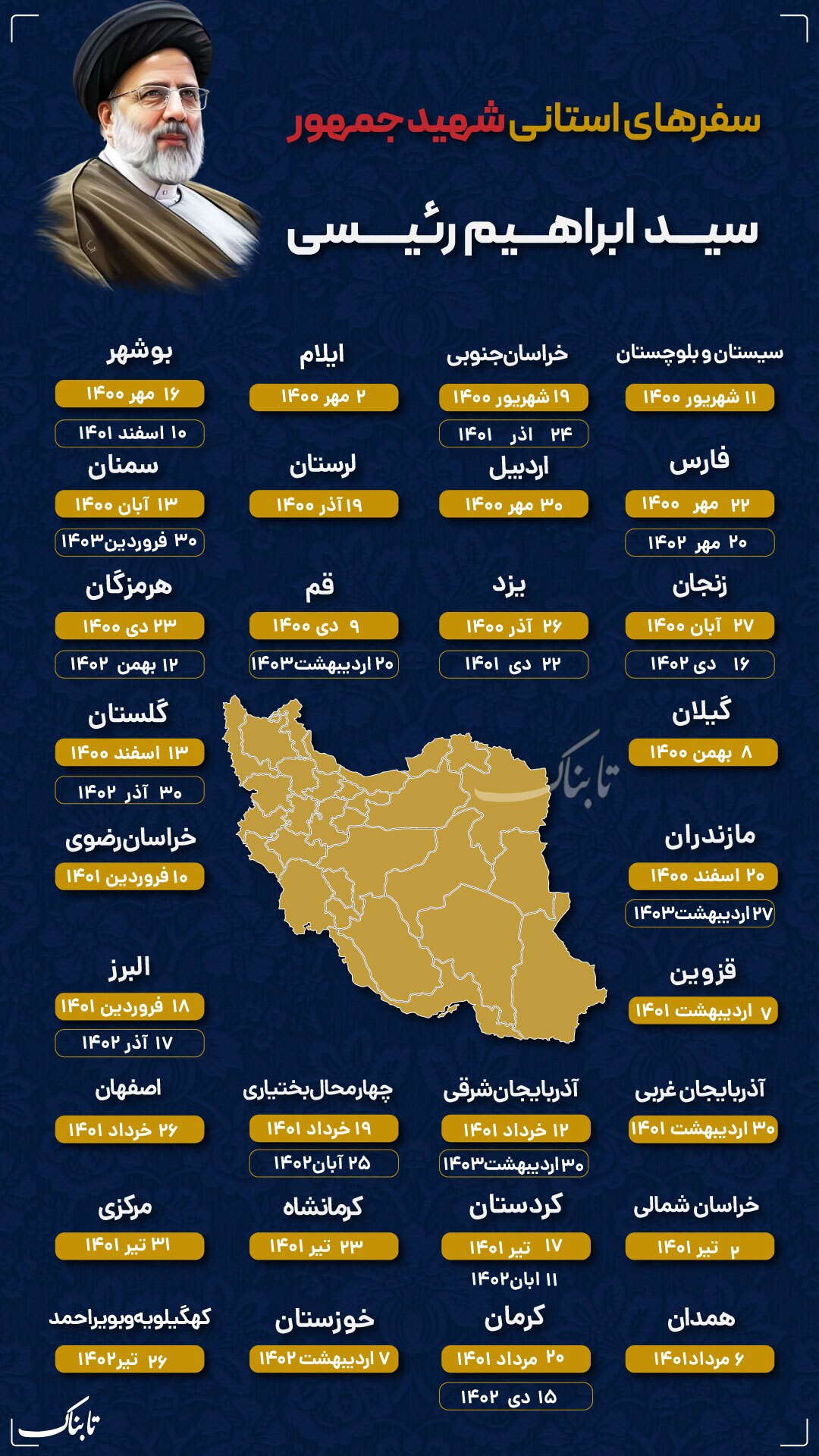Malaysia won’t pick between the U.S. and China as the two superpowers drift further apart in the global geopolitical landscape, according to the country’s minister of home affairs.
“For a country like Malaysia, our practical solution or practical position now is that we do not need to choose sides,” Saifuddin Nasution bin Ismail said during Fortune’s ASEAN-GCC Economic Forum in Kuala Lumpur on Wednesday. “Instead, we have chosen to work with both.”
The comments came as leaders from the intergovernmental Association of Southeast Asian Nations (ASEAN) met for their annual meeting in Kuala Lumpur. As chair of ASEAN, it was Malaysia’s turn to host the summit, which focused on international collaboration between the 10 member nations. In the days following the ASEAN Summit, the Southeast Asian leaders met with additional policymakers from the Gulf Cooperation Council and China as part of trilateral discussions.
The representatives touched on major topics including artificial intelligence, the renewable energy transition, and the changing global world order. The latter drew particular focus after the U.S.’s disengagement from global trade in the wake of President Donald Trump’s tariffs and the rising tensions between the U.S. and China. That leaves countries like Malaysia caught in the middle as they look for capital investment and access to cutting-edge technology, including AI infrastructure.
“I believe that [working with both China and the U.S.] brought us real benefits, and this means we can bring the most relevant, affordable, and effective AI tools into our country,” Saifuddin said. “We choose what is best for Malaysia based on our needs. This balanced approach gives us more room to negotiate, to innovate, and to protect our own national interests.”
Saifuddin added that Malaysia wanted to work with both the U.S. and China because it did not want to close itself off from sources of knowledge sharing and new technology that it does not yet have the ability to develop on its own.
“Our open door policy means our young people can train in Silicon Valley or in Shenzhen, and our companies can learn from both the American and Chinese AI ecosystem,” Saifuddin said. “I think those are the clear benefits of taking a position like ours.”
Tariff tensions
The recent tariff spat between the U.S. and China accelerated a decoupling that had been in full swing since the two cemented themselves as the world’s leading AI powers. In the past few years, the U.S. has limited the export of the most advanced semiconductor chips to China, while Beijing enacted similar export controls on certain rare minerals key to the production of chips. Both countries’ governments have regularly pointed to a brewing AI arms race with the other.
Such an openly confrontational approach between superpowers could erode in the world of AI, according to Keyu Jin, economics professor at the London School of Economics and author of the book The New China Playbook: Beyond Socialism and Capitalism.
“I think a lot of this idea of dominance and winning is really part of the old playbook,” Jin said. “Really, no one wins from this kind of competition in this new age of networks and the new age of connectivity.”
Both the U.S. and China often cite national security as the reason for the schism. U.S. officials are concerned about the level of influence the Chinese government exerts over its domestic tech companies. Meanwhile, China is trying to wean itself off a reliance on advanced chips from the U.S. after the export controls went into effect.
National security concerns should not be the only considerations determining the extent of global AI collaboration, Jin said.
“We need to be realistic that there are security concerns that both countries have to accept vis‑a‑vis others,” Jin said. “That is just the geopolitical reality. But that’s not the only reality in the world. It’s easy to conflate these issues: technology and national security. It’s very easy to use it as an excuse to shun competition, which I don’t think is a good thing.”
Many of the countries in attendance in the ASEAN and GCC blocs have ties with both the U.S. and China. They are usually reluctant to pick sides because they do not want to be seen as favoring one superpower over the other.
“Trade and investment with non‑aligned countries has shot up, whether it’s between China and them, [or] the U.S. led with them,” Jin said. “These countries play a very critical role. So we can’t cast the world as black and white.”
This story was originally featured on Fortune.com

 1 day ago
1
1 day ago
1

















 English (US) ·
English (US) ·